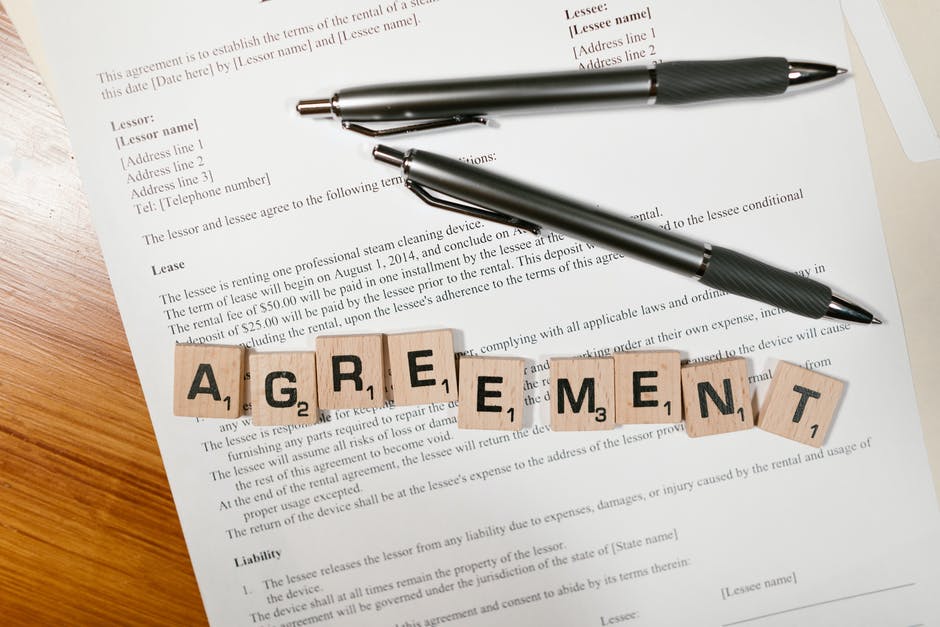Oh no. It's the conversation every landlord dreads. The "I need to break my lease" conversation.
If a tenant wants to break a lease, you need to inspect the property, advertise the unit, and screen a new tenant sooner than you thought.
Yet, there are provisions that protect landlords depending on the reasons for wanting to break a lease. Keep reading to learn more.
Why Does a Tenant Break a Lease?
If a tenant approaches you about breaking their lease agreement, it's important to know that there are some situations that are out of your control.
Listen and be sympathetic to certain circumstances. Understanding the different reasons a tenant might break a lease will help you know how to move forward.
The most common reasons tenants want to break a lease include:
- Active military duty
- Unexpected unemployment
- Job transfer
- Environmental factors
- They found a new home
Let's break down what each of these situations means for you as a landlord.
Active Military Duty
Active military members are covered by Servicemembers Civil Relief Act which states they are allowed to break a lease.
However, the tenant still needs to follow the proper course of action which includes notifying the landlord 30 days prior to vacating the unit. They should also provide you with proof of relocation.
Unexpected Unemployment
Unless there is a provision in the lease agreement that allows tenants a lease break due to financial hardship, the tenant is still responsible for paying rent.
Certain jurisdictions require landlords to work with tenants in this situation. Your state might have local moratoriums in place to prevent tenants from being evicted because of unexpected unemployment.
Job Transfer
A landlord is not obligated to offer a broken lease if the tenant has a sudden job transfer. Tenants have to pay the remainder of the lease. Landlords can allow them to sublet the unit to ensure rent payments are made.
Environmental Factors
A tenant breaking a lease because of environmental factors is common for domestic violence situations or unlivable conditions in the rental unit.
Most states allow tenants who are victims of domestic violence to break their lease by providing written notice to the landlord.
If you fail to keep the units livable, tenants have grounds to break the lease agreement. Always stay compliant to keep the implied warranty of habitability.
Protect Yourself in the Lease Agreement
To protect yourself if a tenant wants to break a lease, put the right clauses in the lease agreement. This legally binding contract holds tenants and landlords responsible for certain tasks.
The most common things to put in a lease agreement to protect yourself as a landlord are:
- Subleasing clause
- Lease buyout fee
- Forfeit security deposit
You can consult with an attorney to make sure you are protected in a lease agreement.
Dealing With a Broken Lease
The aftermath of a broken lease involves finding a new tenant to take over before it affects your cash flow.
Although there are circumstances out of your control that force a tenant to break a lease, there are some that require your compliance as a landlord.
To help you stay compliant, protect yourself in lease agreements, and deal with broken leases, hire a property management company. Contact us now to learn what we can do for landlords like you.



